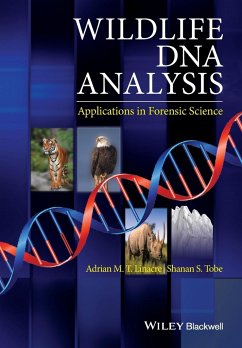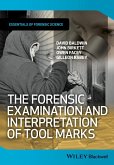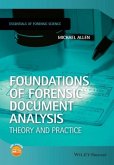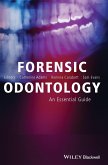Wildlife DNA Analysis: Applications in Forensic Science provides an accessible introduction to the application of DNA typing in wildlife forensic science. The use of DNA profiling in wildlife forensic science falls into two broad areas: species testing and genetic linkage- both of these key areas are covered in the book.
Clearly structured throughout, the introduction highlights the different types of crime where these techniques are regularly used such as; crimes against people or property in which DNA evidence from non-human species is of associative evidence; crimes against the animal or plant including cruelty cases; possession of protected or controlled species, such as cannabis or snake species; and crimes such as patent rights and international trade in protected species.
A detailed section on the science behind DNA typing is included and the problems in isolating DNA from trace material are also covered. The book undertakes a comprehensive review of species testing using DNA, including a step-by-step guide to sequence comparisons. A comparison of the different markers used in species testing highlights the criteria for a genetic marker and which fulfill the criteria. A full case history illustrates the use of the different markers used.
The book details the use of genetic markers to link two or more hairs/feather/leaves/needles to the same individual organism and whole genome testing is followed by specific allele tests. The problems and possibilities in isolating markers, along with the construction of allele databases is discussed in this chapter. The book concludes with validation and standardisation along with a look to the future of the field.
Although a basic understanding of DNA analysis is assumed, aspects of DNA polymorphisms and how variation occurs are discussed to enhance understanding of the subject. Case examples from the literature and the authors' own casework will be used throughout to highlight the use of DNA in species testing.
Hinweis: Dieser Artikel kann nur an eine deutsche Lieferadresse ausgeliefert werden.
Clearly structured throughout, the introduction highlights the different types of crime where these techniques are regularly used such as; crimes against people or property in which DNA evidence from non-human species is of associative evidence; crimes against the animal or plant including cruelty cases; possession of protected or controlled species, such as cannabis or snake species; and crimes such as patent rights and international trade in protected species.
A detailed section on the science behind DNA typing is included and the problems in isolating DNA from trace material are also covered. The book undertakes a comprehensive review of species testing using DNA, including a step-by-step guide to sequence comparisons. A comparison of the different markers used in species testing highlights the criteria for a genetic marker and which fulfill the criteria. A full case history illustrates the use of the different markers used.
The book details the use of genetic markers to link two or more hairs/feather/leaves/needles to the same individual organism and whole genome testing is followed by specific allele tests. The problems and possibilities in isolating markers, along with the construction of allele databases is discussed in this chapter. The book concludes with validation and standardisation along with a look to the future of the field.
Although a basic understanding of DNA analysis is assumed, aspects of DNA polymorphisms and how variation occurs are discussed to enhance understanding of the subject. Case examples from the literature and the authors' own casework will be used throughout to highlight the use of DNA in species testing.
Hinweis: Dieser Artikel kann nur an eine deutsche Lieferadresse ausgeliefert werden.








